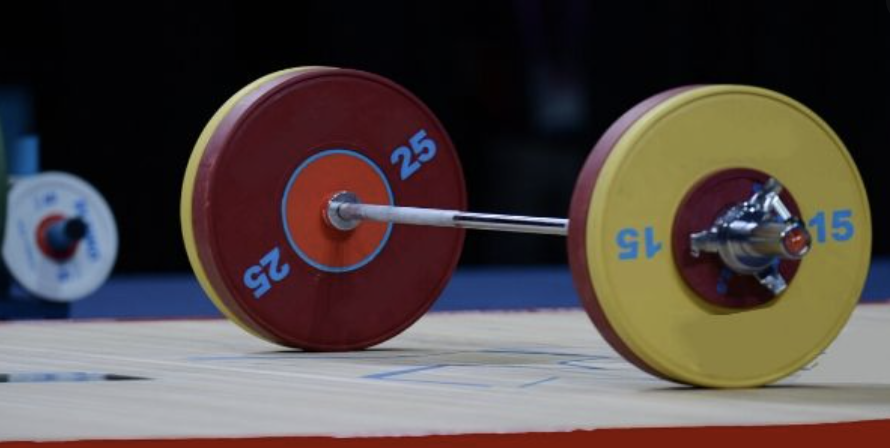Weightlifting Controversies Regarding Doping
April 18, 2021
Since the birth of the modern Olympics in Athens 1896 weightlifting has been an event. Yet after more than 120 years of inclusion in the competition, there is a good chance that the sport will be banned from this international competition.
Olympic weightlifting involves two events and both involve lifting a heavy weight over one’s head. This action requires a lot of raw strength and because performance enhancing drugs are most effective in increasing raw strength doping is widespread. Thus there have been many examples of athletes and entire nations being banned from competition. For the 2020 Olympics Egypt, Thailand, and Russia are all banned from competing and it is likely that other countries may soon join this list. In fact many industry insiders believe that every top athlete in the sport is juicing in one way or another.
While the IWF, which governs the event, has tried to reform the sports doping policy, progress is slow. Egypt and Thailand both being caught doping teenagers highlights the persistence of doping culture in the sport. This slow progress has led to the quota of athletes being sent to the games to drop dramatically. At Rio 2016 there were 260 athletes, at Tokyo 2020 the number will be 196 and in Paris – where weightlifting’s presence remains “provisional” because of the IOC’s concerns over the way the sport is governed – the total will be 120. The loss of 140 places in eight years is almost on a one-for-one basis for every doping violation in weightlifting over the same time span, for the number of cases dealt with or ongoing since 2016 is just over 140.
Doping is not unique to weightlifting, but because anabolic substances are so conducive to increases in strength the sport is a good place to start conversations about drug use. Drug use has been a part of the Olympics since the 50’s and despite massive efforts they have never really left. Is it really unfair to ban someone for PED use if the vast majority of athletes abuse drugs? Drugs do not suddenly make a world class athlete. In the case of Lance Armstrong every competitor that was working hard to beat him was doing similar drug regimens. If his medals were to be awarded to a drug free athlete, nobody languishing near the bottom would suddenly become a Tour De France winner. While doping children is horrendous, top level athletes know the risks of their discipline and should be able to make their own choices in regards to pharmacology. Already high levels of competition in a plethora of sports cannot be called healthy. In Fact PED use might make them safer and increase longevity. Sports like diving, skating, and weightlifting are all known to cause massive injury and the increased recovery time provided by some drugs may be a good thing for professional athletes. In short an abstinence only approach to PED use ignores the reality of professional sports.
